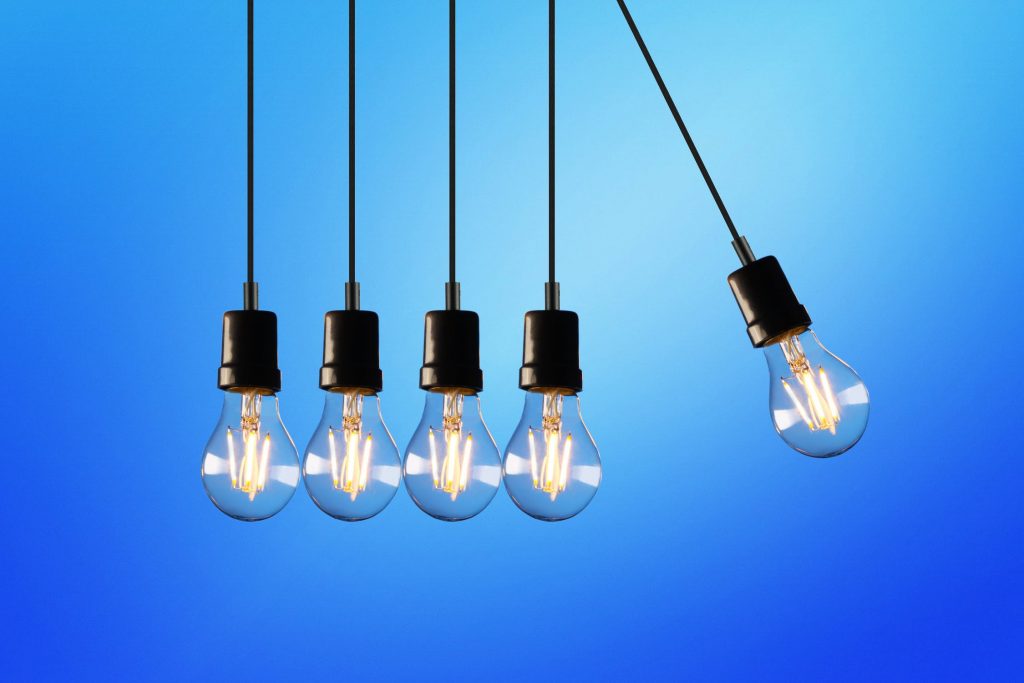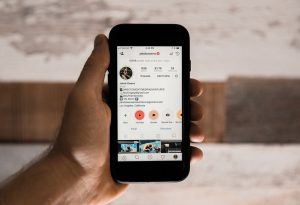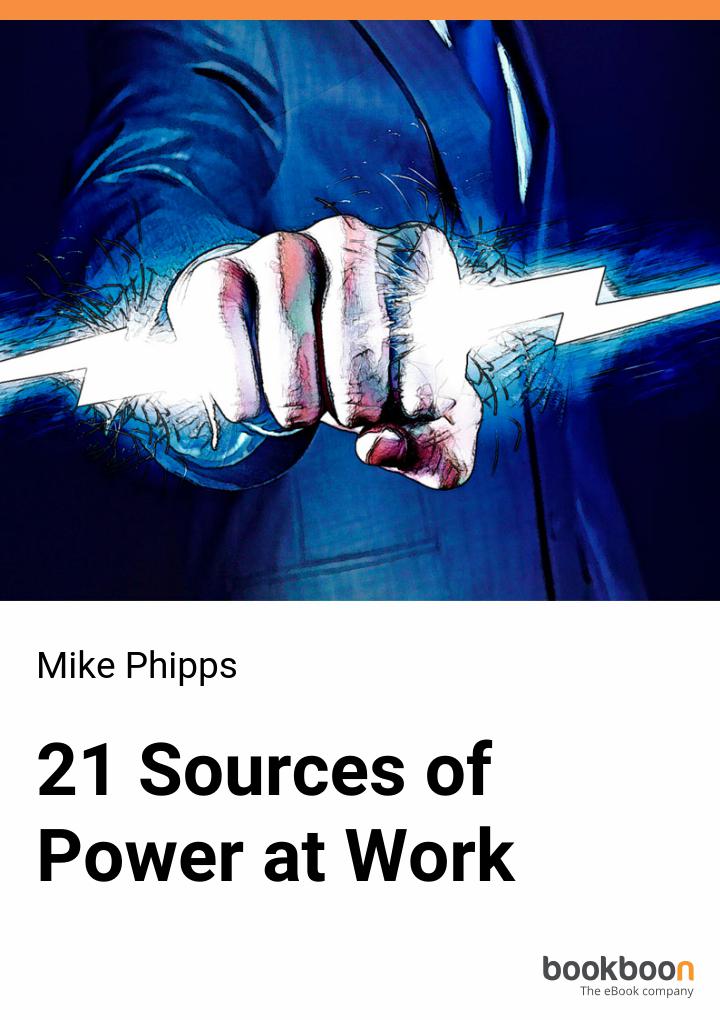6 ways to be powerful

What is power? What does it mean to be powerful? To be effective at work and to maximise career potential, you need to develop your personal power. But do you know what makes you powerful? Would you like to find new sources of power and build on your existing strengths? Or perhaps you are just curious about how power works in organisations. The good news is that we are all powerful (even if you don’t feel that right now). The bad news is that this is a confusing and controversial area.
In 21 sources of power at work, Bookboon author Mike Phipps dives into what makes us powerful, how to use that power in a positive way and what happens when personal power is abused.
6 Types of power
Technical power
 Technical power is comprised of the things that you actually include in your CV. Your education, your experience, your skills and your expertise. It is personal power that comes from simply being good at our job. But this alone will never be enough.
Technical power is comprised of the things that you actually include in your CV. Your education, your experience, your skills and your expertise. It is personal power that comes from simply being good at our job. But this alone will never be enough.
Positive Use of Technical Power
When it is used to influence decisions that are right for the business.
Abuse of Technical Power
When the intention is to use it for personal gain at the expense of another e.g. locking someone out of the computer network.
Network power
 We have all heard the saying ‘It’s not what you know, it’s who you know.’ Building an extensive network of colleagues and relationships can be extremely useful. It gives you the opportunity to foster a relationship with someone who can expand your own reach.
We have all heard the saying ‘It’s not what you know, it’s who you know.’ Building an extensive network of colleagues and relationships can be extremely useful. It gives you the opportunity to foster a relationship with someone who can expand your own reach.
Positive Use of Network Power
When you build a network of mutually beneficial relationships.
Abuse of Network Power
When people are collected for personal gain and no investment in the relationship is create and the longer-term plan is to exploit the network, not nurture it.
Resource power
 Resource power comes from resources we control. This can be anything from schedules, budgets, information, favours, projects, and promotions to access to the stationery cupboard or the company’s coffee supply.
Resource power comes from resources we control. This can be anything from schedules, budgets, information, favours, projects, and promotions to access to the stationery cupboard or the company’s coffee supply.
Positive Use of Resource Power
When resources are shared or traded fairly for the benefit of all stakeholders and this benefits the business. Or at least, no harm is done.
Abuse of Resource Power
When resources are deliberately and unfairly withheld to make another’s work fail and this is to the detriment of the business.
Here Mike Phipps discusses his new book as well as the research he has discovered over the last 20 years of surveys, coaching sessions and workshops.
Image power
 This is power that comes from the image we project.Image power has always been important, however, thanks to social media, it is increasingly crucial and, luckily, easier than ever to build up your image.
This is power that comes from the image we project.Image power has always been important, however, thanks to social media, it is increasingly crucial and, luckily, easier than ever to build up your image.
We now live in a world that is ever more image conscious. Famous people spend a fortune, not just cultivating the right image, but also protecting it with image rights that are legally defended. None of this would happen if image power were not important.
Positive Use of Image Power
When we dress congruently because we regard our image as a reflection of our personal standards and skills. And this helps us feel good and perform better.
Abuse of Image Power
When we deliberately use our Image Power to upstage another or to embarrass our boss or business.
Interpersonal power
 Personal Power that comes from our people skills such as rapport, listening, building trust and
Personal Power that comes from our people skills such as rapport, listening, building trust and
having people like us.
Earlier, we mentioned the powerful aspects of networking. Interpersonal power is an important source that works to enhance Network power. In fact, there is little point having a large network if when we meet with them we do not have the required interpersonal skills to deepen and enhance the relationship or influence them.
Positive use of Interpersonal Power
When we are using these skills in an authentic way to enhance our job performance and the net result is that we are more effective at our work.
Abuse of Interpersonal Power
If we are using Interpersonal Power to deceive, manipulate and influence people for selfish gain.
Intrapersonal power
 Intrapersonal power comes from our emotional intelligence that, in turn, builds self-confidence, self-esteem, and self-knowledge. This is one of the more unusual sources of power discussed in Phipp’s book. Whereas the other sources are often to do with what we do, who we know, what we have and how we behave, intrapersonal power is less obvious and harder to pin down because it is all about the inner confidence and esteem. While this is hidden from others, it drives much of what others experience about us. It is the larger part of the iceberg that is hidden beneath the surface.
Intrapersonal power comes from our emotional intelligence that, in turn, builds self-confidence, self-esteem, and self-knowledge. This is one of the more unusual sources of power discussed in Phipp’s book. Whereas the other sources are often to do with what we do, who we know, what we have and how we behave, intrapersonal power is less obvious and harder to pin down because it is all about the inner confidence and esteem. While this is hidden from others, it drives much of what others experience about us. It is the larger part of the iceberg that is hidden beneath the surface.
Positive use of Intrapersonal Power
When we make the best choice about how to react to events and this benefits everyone
involved.
Abuse of Intrapersonal Power
When we allow our emotions to overrule our behaviour and this causes damage to others
and our own self-confidence or esteem.




